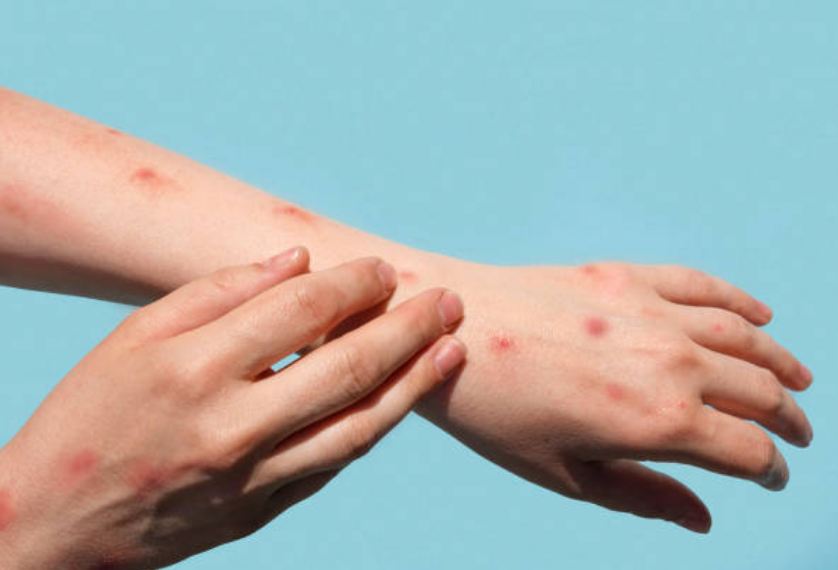The Caribbean Public Health Agency (CARPHA) has issued a call for member states to not stigmatise and discriminate against persons who test positive for monkeypox.
During a virtual media briefing on Wednesday, Executive Director, Dr Joy St. John said stigmatisation and discrimination can potentially deter persons from coming forward and accessing services. This she explained can lead to cases going undetected by health authorities, thereby increasing the spread of the disease.
“We really don’t want the establishment of monkeypox so it is going to be really important to not create an environment where people must hide because when they hide, this is when we can get disease spreading,” Dr St. John explained.

Nine cases of monkeypox have been recorded in the region thus far in the Bahamas, Barbados, Bermuda, the Dominican Republic, Jamaica and Martinique.
The World Health Organization (WHO) declared the monkeypox outbreak a public health emergency. While Guyana has not detected any cases, the local health authorities have made efforts to expand capacity to diagnose and treat the disease.
WHO said 99% of all monkeypox cases worldwide were in men and of those, 98% involved men who have sex with men. But it must be noted that anyone can contract the disease.
CARPHA is urging all communities to be alert and aware of the disease.
Polio
Turning her attention to the recent case of polio detected in the United States, CARPHA’s Executive Director said she is particularly concerned because “When the US sneezes, the Caribbean catches the cold.”
But more so, Dr St. John revealed that the “regular” vaccination coverage has dropped off and polio, unfortunately, has not been getting the coverage it needs.
“The thing about polio is once you have a severe infection and you become paralysed, you cannot treat, you cannot reverse and you may not be paralysed but more than likely someone else will get it from you,” Dr. St. John said.
Polio, a common concern cause of paralysis in children has not been seen in the Caribbean since 1994. This is a result of good vaccination coverage and surveillance.
In the meantime, CARPHA will continue to coordinate efforts to assist in reducing the importation of new communicable diseases and strengthen the region’s health systems to effectively manage all communicable diseases.













